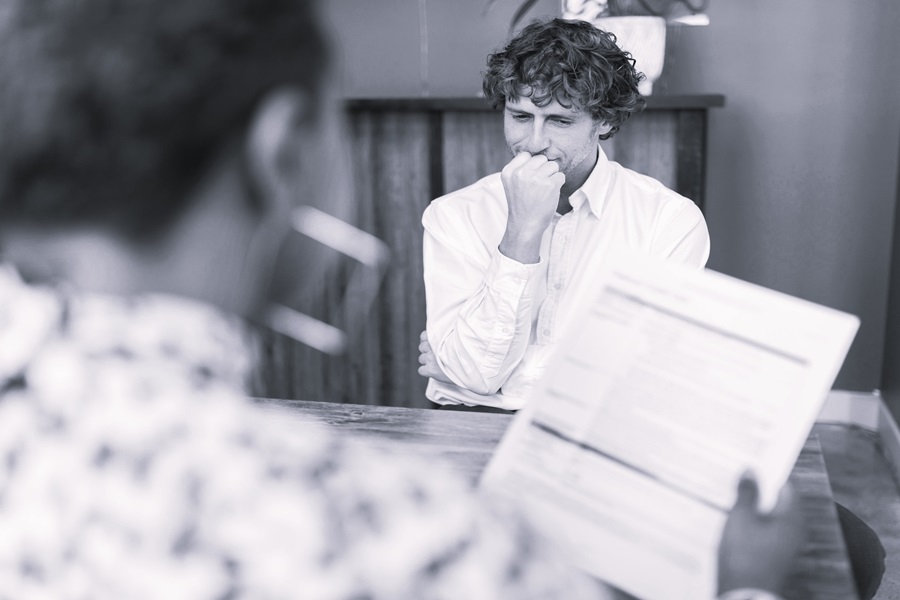Having recently survived the nerve-wracking Assessment of Professional Competence (APC) interview, I can attest to the anxiety that accompanies the fear of making mistakes. In an era where social media continually highlights successes, I had begun to perceive even minor errors as disastrous.
Let me take you through my assessment day and what followed. In the past, as I had heard from my colleagues, candidates would be required to travel into London to undertake the interview, a bustling and chaotic metropolis that mirrors your inner turmoil at this crucial step in your professional life. But in our modern world, where technology shrinks distances and alters realities, my assessment was to take place over a simple video call, a convenient medium which saddles you with a different set of challenges to an in-person interview.
The morning of the assessment dawned with an unsettling calm. The absence of the requirement to travel rendered the day just like any other day in the office. I decided to hold the call in one of our client rooms, hoping that the technology wouldn’t let me down. The office, usually a place of comfort to me, had transformed into an arena where my professional worth was to be judged.
As the meeting approached, I found myself grappling with the familiar spectre of self-doubt. The screen before me was a portal to success, one that could either reward me or deliver a crushing blow. The moments before the call commenced were silent, interrupted only by my own heartbeat, serving as a countdown.
In the moments before the call, I turned to my tried and tested approach for important presentations or exams: finding comfort through preparation. I mentally reviewed my chosen competencies, and all the properties involved, allowing the familiarity of the material to calm my growing anxiety.
As the call began, I summoned a mindset of confidence, reassuring myself, “I’ve got this.” I was then met with the panel of assessors, and the interview began. Throughout the interview, I endeavoured to remain present, focus on the conversation as it came and taking each question in turn. I was given the option to come back to a question if I wanted, which gave me time to reflect at the end of the interview, allowing myself room to breathe and think through my responses.
After the call ended, I sat quietly at my desk, absorbing the silence that now filled the room, and the whirlwind of emotions began to settle. The week wait for the results felt like an eternity, each day a relentless stretch of anticipation. Sleepless nights set in as I replayed moments of the interview in my mind, dissecting words and gestures and wondering what I might have been able to do better. On the day the result was due, I was too nervous to face the office, so I opted to work from home. It was there, in the quiet of my living room, that I finally opened the email, the world outside momentarily forgotten as I braced myself for the verdict.
Upon reading the email and discovering that I had passed and was now officially a RICS Chartered Surveyor, a wave of relief and joy washed over me. The anticipation that had gripped me for weeks rapidly dissolved into a profound sense of accomplishment and pride. My heart swelled with excitement as I realised that all my hard work, dedication, and sleepless nights had finally paid off.
Before informing colleagues, friends, and family, I allowed myself a moment to savour the achievement, reflecting on the journey that had brought me here. The countless hours of study through university and beyond; the challenging work projects; and the rigorous mock interviews had all been worth it.
For anyone currently on their APC journey, I highly recommend joining professional groups or seeking mentors who can offer guidance. My support network was incredibly beneficial, providing new perspectives and invaluable support along the way, helping to validate and inform my opinions, assumptions and learning. These interactions helped me navigate challenges more effectively and organically than any books or study could have, setting a solid foundation for my ongoing professional development.
Reflecting on this learning experience, I’ve realised that in the end, it’s our resilience and ability to adapt that will define our success, not the absence of mistakes.




